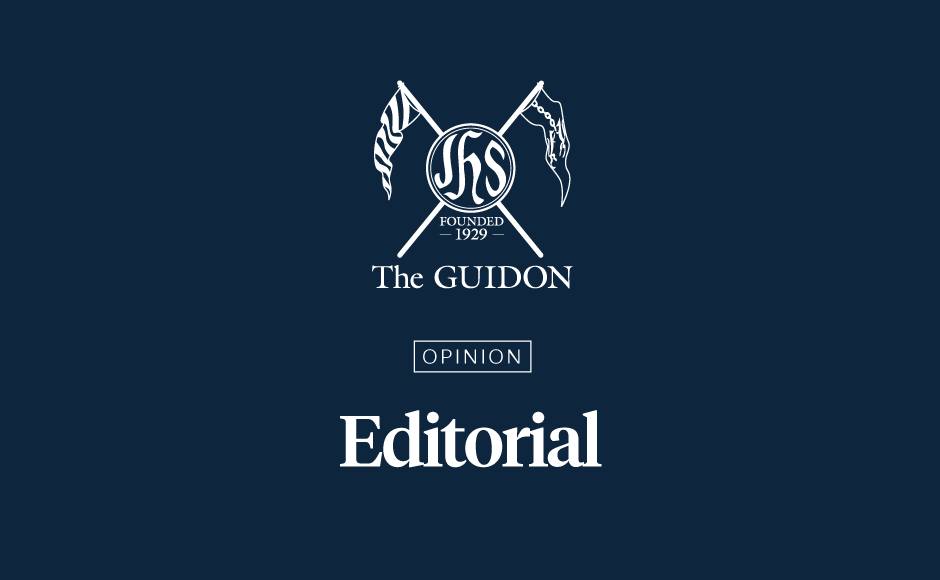We are raised to know heroes.
Rizal, who is considered by many to be the ultimate figure, brilliant and passionate, enigmatic and yet clearly Filipino — the First Filipino, one might say. Bonifacio was fiery and valiant, pounding to the forefront of nationalism with his tenacity and wielded bolo. Aguinaldo was controversial, but ultimately the one who held the flag in his hands and, for better or for worse, tried to lead a newborn nation. Antonio Luna had his good intentions and raging spirit, but was misunderstood in his obstinacy. The list goes on, nebulous and sometimes filled with more questions than answers, but there we have it.
We are raised to remember heroes. Some of their names are on our streets and in our textbooks, in our provinces and schools. When we speak of heroes and heroism, we remember the virtues of brilliance and valor, of patriotism and an unceasing fight for justice, truth, and freedom. When we speak of heroes, we think of people, dead or alive, who had a measure of power and used it well, who fought with what they had for a greater good.
Yet, the notion of heroism is inevitably pegged with ambiguity. Heroes are people, after all, with all the flaws and foibles intrinsic to being human. We have heard the stories, in varying degrees of veracity – Rizal was a womanizer and impossibly elitist; Bonifacio had unrealistic ideals and a lack of diplomatic or tactical skill; Aguinaldo was power-hungry and had Bonifacio killed; Luna was too proud; and even the statesmen like Quezon, Roxas, and Quirino have been accused of corruption. There is no universal list of qualities or requirements that conclusively and clearly determine the validity of an individual’s heroism. Even the Libingan ng mga Bayani, the national final resting place of heroes, stands by a careful list of positions and designations, not qualities of heroism, to determine who can rest in its grounds.
Heroism is quite clearly a construct, a notion to be negotiated by nations and individuals. To determine heroism, one has to contend with the facts and fictions that undeniably shape perceptions. One has to sift through narratives and see if, for better or for worse, an individual can be accorded the title of hero, to be placed alongside those whose names we teach children.
For every monument to courage, there are corresponding heroic deeds: Along with these, the changes they brought about. Each event existed in the pulsating, colourful history of the Philippine islands; we measure them by the lives they’d changed, those they helped and hurt.
It is not enough to say that someone has stood among soldiers, has accolades to his name. Bravery is weighed against the suffering one has inflicted, the injustices one has committed. Acts do not exist in a vacuum.
We are raised to celebrate heroes. On the last Monday of every August, we honor our national heroes, without whom our country would be unimaginably different. Though every year, the date changes, the day and its celebrations are constant. In the same way, we should scrutinize the past, reject the rose-colored glasses and simplicity of narrative our childhood textbooks provide. In doing this, we see the stark humanity of our heroes, how their humanity led them to greatness.







